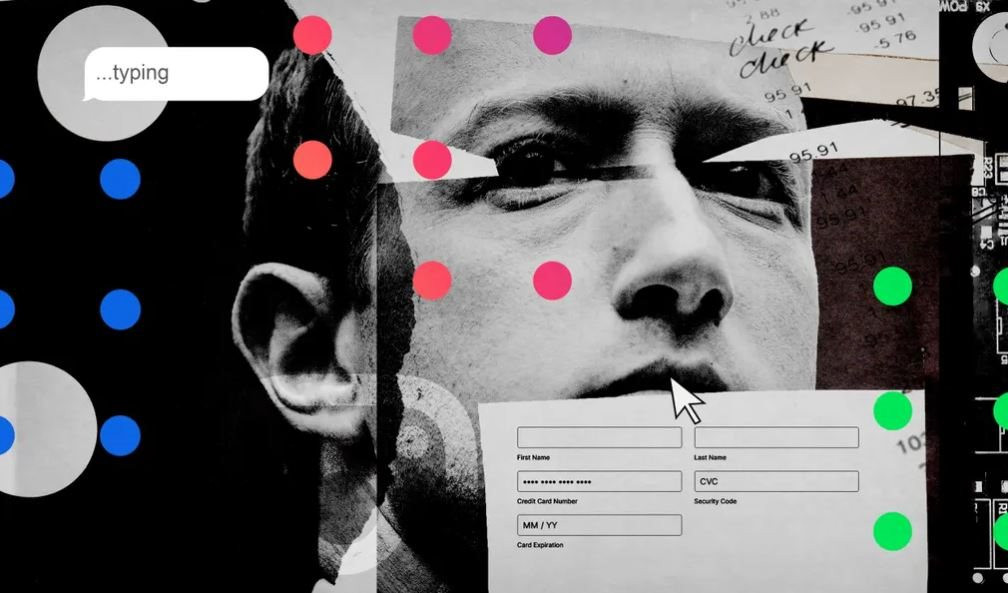Every 7 minutes, a user is scammed on Facebook or Instagram, there is a case of “lost money” of more than 2 billion VND
- Tram Ho

Meta is facing increasing pressure from authorities and users. They say the company failed to prevent a “tsunami” of scams on Facebook, Instagram and WhatsApp – where so many Britons are losing “life-changing” sums every day.
According to a Guardian investigation, if the tech company fails to quell the wave of scams, UK households will lose £250 million in 2023. Plus, one every seven minutes on average. users are tricked on Facebook or Instagram.
TSB’s research shows that the number of scams on Facebook Marketplace has nearly doubled in the past 1 year and the bank has had to verify and refund 2,100 cases of fraud victims.
In it, a user was scammed £70,000 (more than VND 2 billion) for believing in an investment invitation. Others lost smaller amounts, mainly because of ordering from unknown online stores on Facebook and Instagram.
On WhatsApp and Messenger, the scam of impersonating family members by transferring money is also rampant. They seek to gain the trust of the target, then ask for a loan and perform the act of appropriation. Mrs Valerie, 73, was tricked by a bad guy posing as a son and tricked into sending £2,000. After learning the truth, she broke down and said she would “never get over” this shame.
According to many victims, they find it difficult to report scams to Meta. The company usually just responds to emails automatically, or doesn’t take any action.
“The scale of online scams is staggering. It’s time for them to stop thinking about the benefits of investing and stand up for consumers and victims,” said Lucy Powell, Digital, Culture, Media and Sport Secretary.

Facebook, Instagram and WhatsApp are facing a “tsunami” of scams.
TSB warns consumers to be wary of any unusual messages, even if they are sent from relatives and friends. Before deciding to transfer money, they should contact the recipient directly to make sure the information is correct.
The online safety bill being passed by Congress would require social media platforms to remove deceptive ads. They must also cooperate in handling reports for users, while allowing banks to delay suspicious payments. Robin Bulloch, TSB CEO, is “deeply concerned” about the extent of fraud on Meta’s platforms. “As the only bank to guarantee fraudulent refunds, we are quite hopeless seeing UK households losing money every day because it is not protected by Meta.”
Having struggled with huge repayments, TSB, Barclays, Nationwide and Starling Bank have all argued that the California tech giant should be responsible for covering part of the costs. It is known that Meta revenue mainly comes from advertising In 2022, Facebook alone has collected 3.3 billion pounds of advertising, an increase of more than 37% compared to the same period last year.
Matt Hammerstein, CEO of Barclays UK, also said the UK was experiencing “a wave of fraud” as up to 77% of the tools took place on technology platforms. “Tech companies should contribute to the reimbursement of victims.”

Meta is facing increasing pressure from authorities and users.
Reportedly, Starling Bank previously described Facebook as “the biggest scam tool”, followed by Instagram. The bank withdrew all paid advertising from its Meta platform in December 2021 in protest of its failure to address the issue.
“Government measures are not enough and we are disappointed that the responsibility to reimburse customers rests solely with the banks. Meanwhile, the social media platforms, where the scams originate, are unharmed,” the bank representative said.
Rocio Concha, Policy Director at Which? also said Meta and social media companies need to “step up and take responsibility for preventing fraud”.
To win the fight against fraud, the online safety bill includes “the strongest protections” that must support users. Social media companies that fail to prevent crime will be punished accordingly.
In response to this issue, Meta said that phishing is an industry-wide problem because bad guys are increasingly using sophisticated tricks, such as sending emails (emails), text messages (SMS) and external communications. online (offline)…
“We don’t want anyone to be a victim. That’s why our platform has a fraud prevention system and runs a lot of campaigns to raise consumer awareness.”
It is known that Meta is further strengthening its anti-fraud measures, including running a consumer awareness campaign on how to detect fraud, coordinating with financial service management companies formality and cooperate with the police to assist in fraud investigations…
By: The Guardian
Source : Genk
